NAMASTE is a research project that will implement and evaluate a novel integrated detection and care pathway for young children with autism and their families in India, Sri Lanka and Nepal, delivered by non-specialist health workers.
The project will also include a large training programme to grow much needed research and clinical capacity in the field of neurodevelopmental disabilities in South Asia.
Building on The University of Manchester’s own autism programme and more than a decade of partnership with India, NAMASTE is funded by the National Institute of Health and Care Research (NIHR), using UK Aid Funding from the UK government, which supports global health research.
The project builds on a longstanding collaboration between Manchester and SANGATH in India, as well as an ongoing programme of research into neurodevelopment and care pathways in the UK and South Asia.
NAMASTE is a collaboration between researchers at Manchester’s Social Development Research Group, SANGATH, Autism Care Nepal, the Sri Lanka College of Paediatricians, Harvard Medical School, La Trobe University, Kings College London, the World Health Organisation (WHO) and Ummeed, Mumbai.
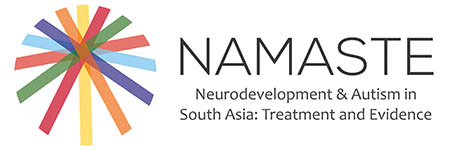
On this page:

Project background
Most children with neurodevelopmental disabilities living in South Asia have no access to services. This means that families are not given the help they need to fully understand their child’s needs and know how best to support them.
NAMASTE addresses this gap by developing and evaluating care pathways that involve both screening and identification of neurodevelopmental disability in children, followed by family-based supports to help caregivers understand and support their child’s development.
Specialist healthcare workers are scarce in many South Asian countries, so these pathways will be delivered by non-specialist community health workers, supported through training and supervision.
Drawing on other projects
This work builds upon a longstanding collaboration between SANGATH India and The University of Manchester, through which we have carefully adapted an autism programme developed for the UK to the South Asian context known as Paediatric Autism Communication Therapy (PACT).
The resulting Parent-Mediated Autism Social Communication Intervention for Non-Specialists Plus (PASS Plus)programme, delivered by lay health workers, is the first of its kind and has shown real-world impact in two initial randomised controlled trials, with large-scale evaluation underway in New Delhi. Learn more about the COMPASS trial.
The project also builds upon innovations by the World Health Organisation, which has led the development and field-testing of Caregiver Skills Training, plus developments in screening and detection within low resource contexts, led by collaborators in La Trobe.
The NAMASTE project also includes an important piece of work aimed at raising understanding and decreasing stigma around neurodevelopmental disabilities in the three countries through awareness-raising campaigns developed using community co-production.

Meet the team
See who is involved in the NAMASTE project.
The University of Manchester
 Professor Jonathan Green
Professor Jonathan Green
Principal Investigator
Lead investigator with overall responsibilities for the programme.
 Dr Shruti Garg
Dr Shruti Garg
Co-applicant
Lead investigator responsible for partner liaison and health system development.
 Dr Kathy Leadbitter
Dr Kathy Leadbitter
Co-applicant
Lead investigator responsible for capacity building, training and supervision.
 Dr Richard Smallman
Dr Richard Smallman
Programme Manager
Sofia Ahmed
Project Coordinator
 Dr Paul Wilson
Dr Paul Wilson
Implementation Science theme lead, NIHR ARC Greater Manchester
 Gemma Shields
Gemma Shields
Lecturer in Health Economics
Dr Catherine Aldred
Honorary Lecturer
Professor Linda Davies
Professor of Health Economics
King's College London
 Professor Richard Emsley
Professor Richard Emsley
Professor of Medical Statistics and Trials Methodology
Lead investigator responsible for supporting statistical analysis.
India
 Dr Gauri Divan
Dr Gauri Divan
Joint Lead Applicant
Co-PI and lead investigator in India, with overall responsibility for coordinating between South Asia sites.
 Pattie Gonsalves
Pattie Gonsalves
Co-applicant
Lead investigator responsible for the public engagement workstream.
 Vivek Vajaratkar
Vivek Vajaratkar
Co-applicant
Lead investigator responsible for the public engagement workstream.
 Gopika Kapoor
Gopika Kapoor
Parent Representative, PPI Global Health
Parent representative and community oversight on NAMASTE activities.
 R. Roy
R. Roy
Programme Manager
Nepal
 Dr Sunita Maleku Amatya
Dr Sunita Maleku Amatya
Chairperson, AutismCare Nepal Society
Lead investigator responsible for overall project oversight in Nepal.
 Dr Rena Shresta
Dr Rena Shresta
Director, AutismCare Nepal Society
Lead investigator responsible for the oversight on fieldwork in Nepal.
Sri Lanka
 Dr Asiri Hewamalage
Dr Asiri Hewamalage
Consultant Community Physician, National Program Manager – Child Care, Development and Special Needs, Ministry of Health
Lead investigator responsible for overall project oversight in Sri Lanka.
 Dr Dilini Vipulaguna
Dr Dilini Vipulaguna
Postgraduate Trainee in Community Paediatrics
Lead investigator responsible for the oversight on fieldwork in Sri Lanka.
Collaborators
Dr John Naslund
Instructor in Global Health and Social Medicine at Harvard Medical School
Dr Josephine Barbaro
Principal Research Fellow and Psychologist, La Trobe University
 Dr Erica Salomone
Dr Erica Salomone
Associate Professor, University of Milan
Dr Chiara Servili
Technical Officer, WHO Department of Mental Health and Substance Use
Neal Lesh
Chief Strategy Officer and Co-President, Dimagi
Ayush Chauhan
Co-founder, Quicksand
Koyeli Sengupta
Developmental Pediatrician and Director – Autism Intervention Services at Ummeed Child Development Center
Pamela Dixon
Director of Clinical Services and Inclusion at Autism Speaks

Contact us
If you have any questions about NAMASTE, please get in touch.
Sofia Ahmed
Email: sofia.ahmed@manchester.ac.uk
You can also follow Manchester’s Social Development Research Group on social media:
- Twitter: @SDRGManchester
- Facebook: SDRGManchester
This project is in joint collaboration with:
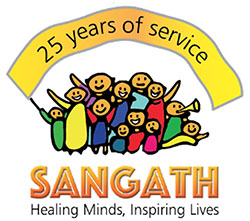
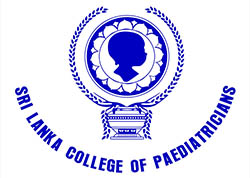

Our collaborators are:
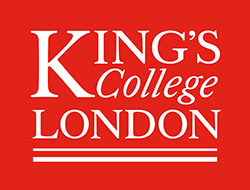
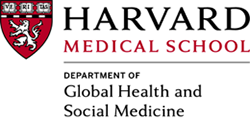

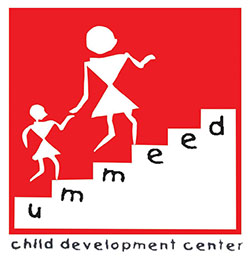
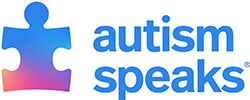
![]()
Funded by NIHR:


